May 25, 2025 | 21:17 GMT +7
May 25, 2025 | 21:17 GMT +7
Hotline: 0913.378.918
May 25, 2025 | 21:17 GMT +7
Hotline: 0913.378.918
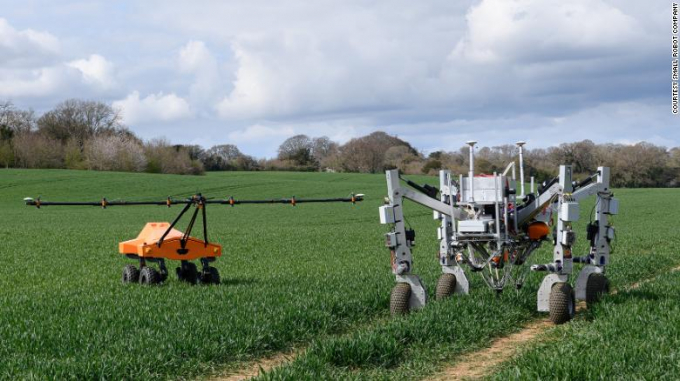
Tom (left) and Dick (right) are farming robots that work together to kill weeds without using chemicals
The robots — named Tom, Dick and Harry — were developed by Small Robot Company to rid land of unwanted weeds with minimal use of chemicals and heavy machinery.
The startup has been working on its autonomous weed killers since 2017, and this April launched Tom, its first commercial robot which is now operational on three UK farms. The other robots are still in the prototype stage, undergoing testing.
Small Robot says robot Tom can scan 20 hectares (49 acres) a day, collecting data which is then used by Dick, a "crop-care" robot, to zap weeds. Then it's robot Harry's turn to plant seeds in the weed-free soil.
Using the full system, once it is up and running, farmers could reduce costs by 40% and chemical usage by up to 95%, the company says.
According to the UN Food and Agriculture Organization six million metric tons of pesticides were traded globally in 2018, valued at $38 billion.
"Our system allows farmers to wean their depleted, damaged soils off a diet of chemicals," says Ben Scott-Robinson, Small Robot's co-founder and CEO.
Small Robot says it has raised over £7 million ($9.9 million). Scott-Robinson says the company hopes to launch its full system of robots by 2023, which will be offered as a service at a rate of around £400 ($568) per hectare. The monitoring robot is placed at a farm first and the weeding and planting robots delivered only when the data shows they're needed.
To develop the zapping technology, Small Robot partnered with another UK-based startup, RootWave.
"It creates a current that goes through the roots of the plant through the soil and then back up, which completely destroys the weed," says Scott-Robinson. "We can go to each individual plant that is threatening the crop plants and take it out."
"It's not as fast as it would be if you went out to spray the entire field," he says. "But you have to bear in mind we only have to go into the parts of the field where the weeds are." Plants that are neutral or beneficial to the crops are left untouched.
Small Robot calls this "per plant farming" — a type of precise agriculture where every plant is accounted for and monitored.
For Kit Franklin, an agricultural engineering lecturer from Harper Adams University, efficiency remains a hurdle.
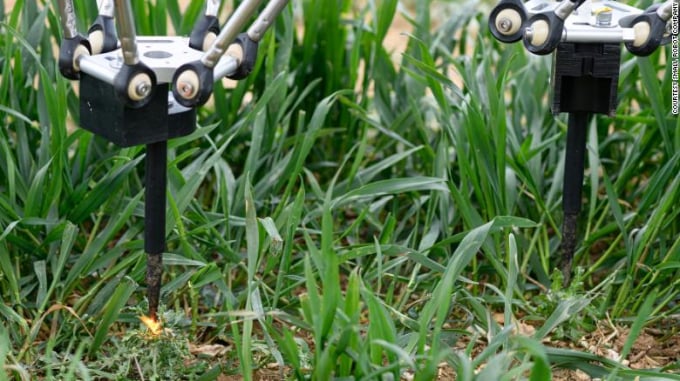
The robot zapping weeds with electricity.
"There is no doubt in my mind that the electrical system works," he tells CNN Business. "But you can cover hundreds of hectares a day with a large-scale sprayer ... If we want to go into this really precise weed killing system, we have to realize that there is an output reduction that is very hard to overcome."
But Franklin believes farmers will adopt the technology if they can see a business case.
"There's a realization that farming in an environmentally friendly way is also a way of farming in an efficient way," he says. "Using less inputs, where and when we need them, is going to save us money and it's going to be good for the environment and the perception of farmers."
As well as reducing the use of chemicals, Small Robot wants to improve soil quality and biodiversity.
"If you treat a living environment like an industrial process, then you are ignoring the complexity of it," Scott-Robinson says. "We have to change farming now, otherwise there won't be anything to farm."
(CNN)
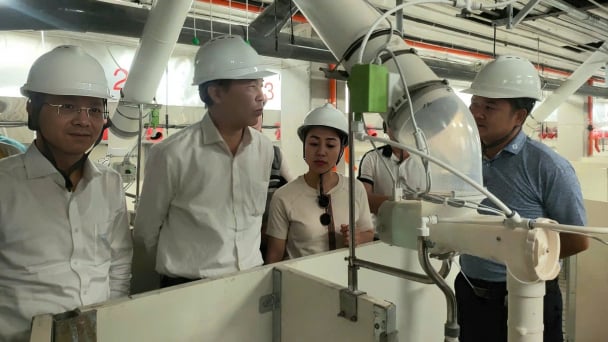
(VAN) Despite investment costs being 1.5 to 1.8 times higher than conventional methods, multi-story pig farming demonstrates outstanding effectiveness, increasing land-use efficiency by 4 to 10 times.

(VAN) Deputy Minister of Agriculture and Environment Phung Duc Tien leads a working delegation to participate in several key activities in China aimed at promoting agricultural and fisheries cooperation.
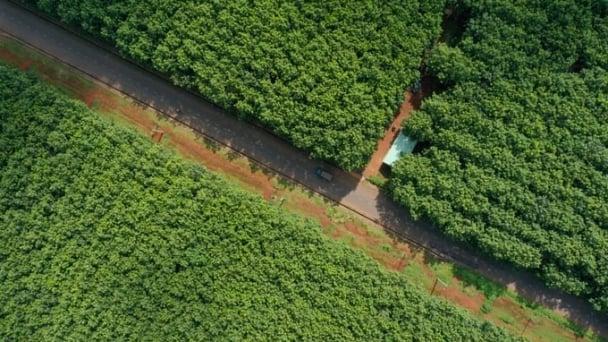
(VAN) The European Commission has just released a list of ‘low-risk’ countries for deforestation, which includes Vietnam.

(VAN) The convenience of single-use plastics is leaving lasting consequences for the oceans.
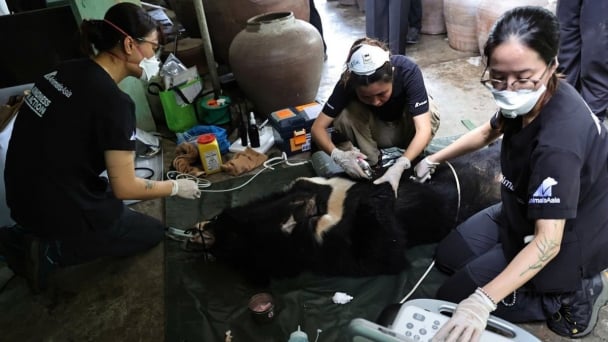
(VAN) On the morning of May 23, in Nghe An, the Animals Asia Foundation successfully rescued a Tibetan bear and transferred it to the Vietnam Bear Rescue Centre located in Bach Ma National Park.
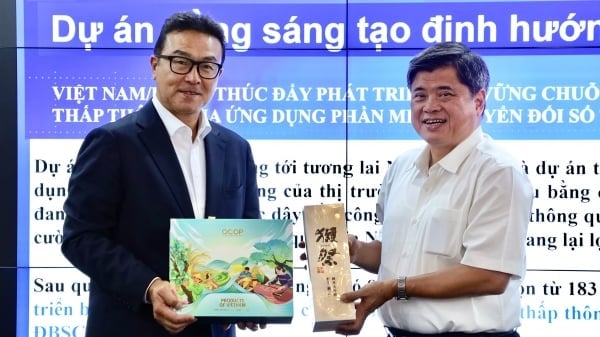
(VAN) On May 23, Deputy Minister of Agriculture and Environment Tran Thanh Nam held a working session with a Japanese delegation on the application of digital technology in agricultural production.

(VAN) In the tranquil wetlands of Van Long, there are quiet souls who guard the forests, nurture the waters, and oversee every bird and troop of langurs as protecting the essence of a living heritage.